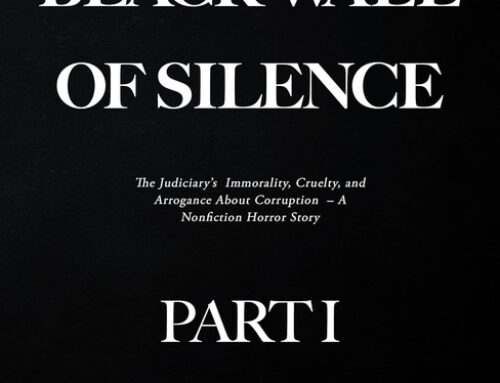
A dramatic, dialogue-driven portrait of an imploding marriage, Maria Daversa’s Sweet Baby Mine intimately depicts the impact of mental illness and secrets on a partnership.
From the outside, Ana Storm and Tony DiSalvo might seem like the perfect American couple living in Paris. Caring, compassionate Ana runs a psychotherapy practice, while success-driven Tony teaches economics at a university. In reality, Ana suffers from borderline personality disorder, which clashes with Tony’s narcissistic tendencies. Their fraught marriage is overwhelmed by lies and bitterness, particularly surrounding their estranged eldest daughter, Chloe. When Chloe reaches out to Ana after seven years of silence, the communication starts a cascading series of events that exacerbates the couple’s already strained relationship.
The novel chronicles Ana and Tony’s manipulations, jealousies, and affairs in exacting detail, culminating in explosive scenes of violence and self-harm. Both protagonists have their faults, but Tony’s harsh tongue, juvenile tendencies, and occasional lack of empathy make it natural for readers to side with the sentiments of Ana and Chloe, untrustworthy as they may be. Still, each point-of-view shift tends to favor the view of the narrator, which is true to real life, as everyone envisions themselves to be the hero of their own story.
Daversa has a keen eye for powerful description (“Every structure is bruised, covered in graffiti, teeming with resentment…” ) and the story is a nuanced commentary on how nostalgia can fuel unhealthy relationships past the breaking point. Some of the expositional revelations about the characters’ affairs, betrayals, lies, and secret desires are handled a bit too bluntly, through internal monologuing or rhetorical questions, which can come across as heavy-handed. At times, as well, the narrative proceeds slowly so it feels like a short story stretched into a longer format, but Daversa’s smart foreshadowing always keeps the reader engaged.
Unlike so many novels that choose Paris as their setting, this book peels back the couture illusion and reveals the gritty side of the city – the outer rings of poverty and unpublicized struggles of daily life that tourists will never see – giving the book a social focus, as well as psychological. This environment helps to reflect the deeper themes explored in the novel, including the devastation that can exist below any facade, no matter how elaborate. By foregoing much of the cliché glitz and romance of Paris that fiction writers often lean on, the focus remains on the relationships and the visceral drama, rather than the context.
The periodic flashbacks and references to past events slowly contribute to the reader’s understanding of the volatile dynamic that drives the book. The sensitivity and depth with which the author discusses borderline personality disorder is impressive, as fiction about mental health can seem like forcing a token characteristic, rather than an impactful part of everyday existence. The starkly honest passages about the characters’ pasts and motives create an intimate portrait of the protagonists, which heightens the uncertain moral tension on these pages, weaving together a pervasive sense of psychological stress that is ultimately hopeful.
A tense yet delicate exploration of addiction, regret, and toxic cycles of family trauma and abuse, Sweet Baby Mine is an emotive and powerful novel.
Book Links
STAR RATING
Design
Content
Editing
Get an Editorial Review | Get Amazon Sales & Reviews | Get Edited | Publish Your Book | Enter the SPR Book Awards | Other Marketing Services























Leave A Comment